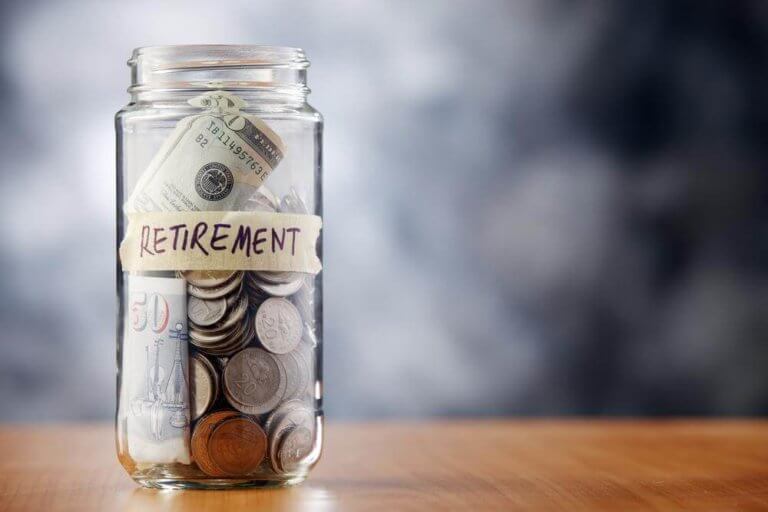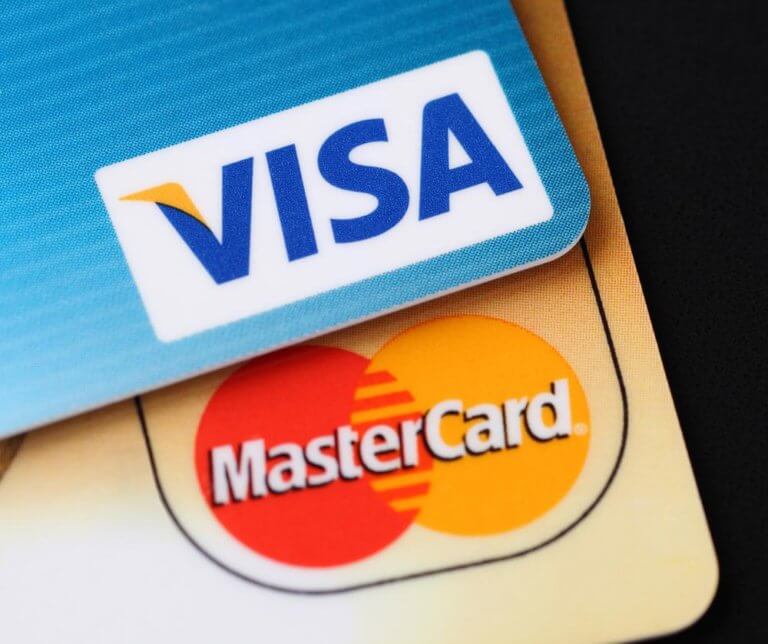
Stuart Clark, Managing Director at Russell & Russell Business Advisers
If one positive emerges from the miserable pandemic year, we have all endured, it is that the number of people in the UK who want to start their own business – to take control of their own destiny – is on a strong upswing.
And it is not just a case of people who have lost their jobs casting around for alternatives. Recent research shows that one in five adults are planning a start-up, a figure which rises to 34 per cent among 18 to 34-year-olds. Only 6 per cent said it was because they had become unemployed.
So, it would appear, the entrepreneurial flame has not been dimmed by the ravages of Covid, but while the ambition to branch out on your own is admirable, it is only prudent to be aware of the pitfalls as well as the pinnacles of being your own boss.
What kind of business is for you? Where does my reward come from? What about tax? How do I price my services? How do I find new business?
These are all valid questions, and it is vital to set out your stall correctly right away, as getting it wrong at the start can prove very costly.
First, it might pay to dispel misconceptions aired in the national press that self-employed people enjoy more tax advantages than employees. This is just wrong. The self-employed have no option as to how they pay tax on profits. That potential benefit applies to owner managers of limited companies.
And it should be remembered that while directors of their own companies may pay slightly less tax, they also contribute a lot more to the economy through corporation tax, VAT, and employee PAYE – and they enjoyed little Government support during the pandemic.
Here are some fundamentals to consider:
STATUS: Limited company or sole trader
Sole trader status may be fine for one-man-bands, but businesses seeking investment will want to be a company. There are also potential benefits that companies are thought to be bigger entities than sole traders, though this is not always the case, with customers and suppliers alike.
In addition, whichever structure you choose will affect how you can treat losses, how you pay yourself and how you are taxed.
REWARD: How do I pay myself?
Sole traders are taxed on profits. If you make £50,000 profit and take £2,000 a month in remuneration, you are taxed on £50,000, not £24,000.
In a company, profits are taxed at a flat 19%, then shareholders are taxed at different rates on dividends they may take. Roughly speaking, salary plus dividends will result in greater tax savings than salary alone. In the example of £50,000 profits before tax which are fully distributed to the shareholders, this equates to approximately £6,000 extra cash in hand / cash in the business to reinvest each year.
What about VAT?
You need to register for VAT if you have sales of more than £85,000 in a rolling 12-month period, whether you are a company or a sole trader, though there are some exempt sales such as medical services.
TAX: How much do I pay?
How long is a piece of string? Everyone’s circumstances will differ. What to remember is that paying tax should be a positive – it means you have a successful business. There are ways that you can reduce your liability.
Also, be aware that the first year you do a personal tax return, you will have to pay 150% of your liability, as HMRC will want you to pay 50% upfront for next year. Sole traders and directors need to complete personal tax returns.
ACCOUNTANTS: Do I need one?
Yes. That is the simple answer. Accountants are professionals who are trained to make your business more tax efficient and help you manage your finances. They are impartial, scrupulously fair and, above all, on your side. They should also be an investment NOT a cost. They should help you to save money or grow your business.
























